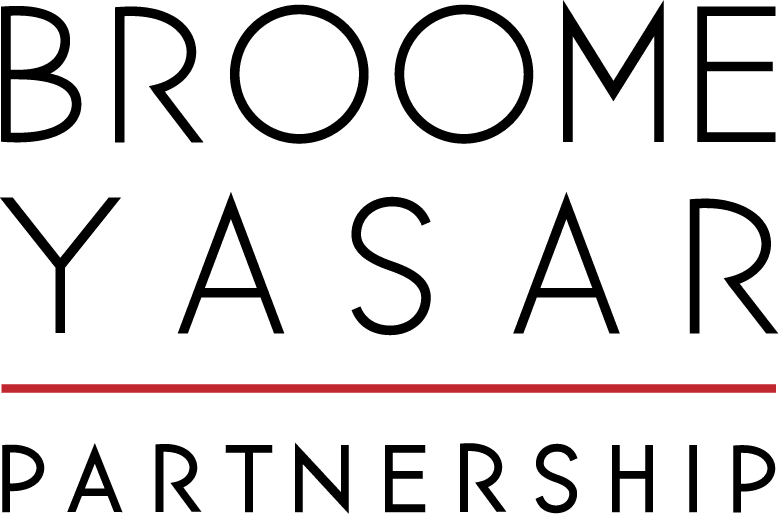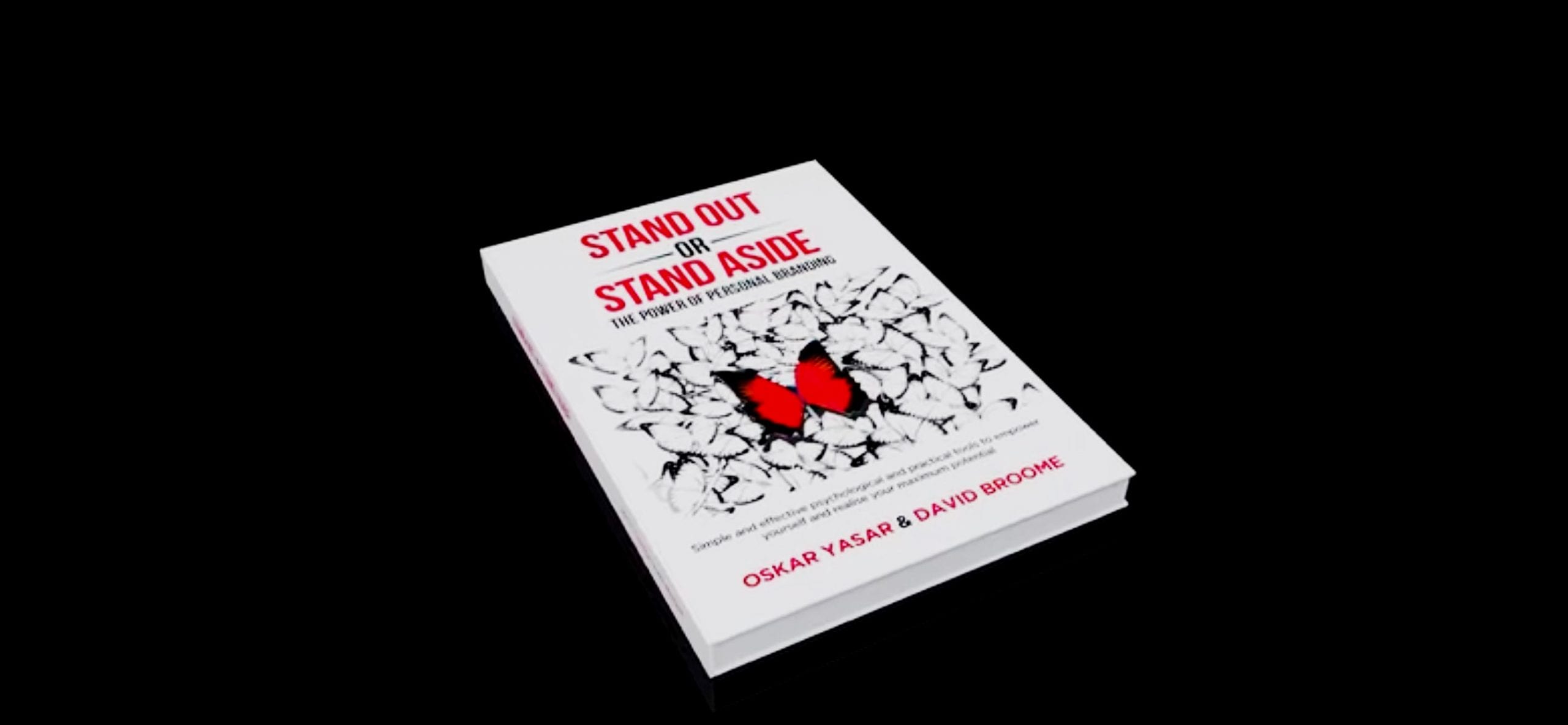INSIGHTS
STAND OUT OR STAND ASIDE: THE POWER OF PERSONAL BRANDING
WHEN ASKED TO DESCRIBE THEMSELVES IN FIVE WORDS, IT’S DESCRIPTIVE TERMS THAT PEOPLE MOST COMMONLY USE: WIFE, HUSBAND, SPORTY, COMPASSIONATE, THOUGHTFUL, ETC. YET WHEN MOST COMMUNICATIONS AND INVESTOR RELATIONS LEADERS ARE ASKED HOW THEY WOULD DESCRIBE THEIR PROFESSIONAL SELF, ALMOST INSTINCTIVELY THEY WILL DEFER TO THEIR JOB TITLE. DIRECTOR OF INVESTOR RELATIONS. CHIEF COMMUNICATIONS OFFICER. HEAD OF MEDIA RELATIONS. COMPANY SECRETARY. BUT AREN’T THEY MISSING SOMETHING WHICH IS SO MUCH MORE THAN THAT?
STAND OUT OR STAND ASIDE
Most communications leaders can discuss their company brand and narrative with passion and excitement but, when asked to articulate their personal brand, there is often a look of bewilderment.
Whilst individuals whose online profile describes themselves as a digital guru, a world class influencer or even a chief happiness officer might not resonate with everyone, at least we get a sense of who these people are. We understand their individual brands. We understand the roles they play.
On Twitter, Sir Richard Branson describes himself as a “tie-loathing adventurer, philanthropist and troublemaker, who believes in turning ideas into reality. Otherwise known as Mr Yes @Virgin!”
We instantly recognise him from that biography: it reinforces our view of him. Your personal brand is not the career or interests that are detailed on your curriculum vitae. It is not even the short summary at the top. It is so much more than that. Your personal brand is what makes you distinct: it’s your unique selling point and makes you enthuse about who you are and what you do. Indeed, it has been said that personal branding is no longer an afterthought; it’s a powerful leadership enabler.
In today’s competitive career landscape, having a strong personal brand – or at least an awareness of what your brand is – is critical. For many top director-level roles that we at Broome Yasar have helped appoint since establishing the business, there are often at least 20 or more strong candidates with the requisite experience and skills. But where our task is to identify and secure the very best industry talent who will make a significant impact on the business they join, our focus moves beyond experience and skills to fit and personal dynamics.
Many suitable candidates based purely on experience and skills will not make the shortlist, let alone be granted an interview. So, what separates those that are selected? It’s simple: they have strong personal brands.
And here’s the irony: communications leaders already understand the value of this asset (and yes, it is an asset). After all, they are often successfully managing the personal brands of a chief executive or chief financial officer. It might be through extensive briefings and training prior to a major presentation to stakeholders to ensure that they convey the corporate message with aplomb. Or it might be through judicial management of their social media profile. And if they slip up, communications leaders are the ones that create the steps to build back their reputations, which should be easier if their personal brands were strong to start with.
It’s the dentist with poor teeth syndrome. You can forget how to use your professional skills for your own personal benefit. But this is no longer a nice to have; this is a crucial element of your professional development. It is not arrogance to understand the key attributes of your personality and professional persona that others appreciate. But it is worth the investment in your own professional development to ensure you carve out the time to actively focus on your own brand and the steps required to ensure that your messaging is consistent. If you can’t manage your personal brand, why should a company’s board entrust you with managing their corporate brand?
If you haven’t already given this some thought, ponder this: what do people say about you when you leave the room? Do they describe you as an inspirational leader, as someone who rolls up their sleeves or as someone focused on the minutiae? Are you someone that commands respect or opprobrium? Think of five words that they would use to describe you.
A personal brand evolves. You are likely not the same person that left university all those years ago: life and experience shapes us. When Michelle Obama became First Lady, she was viewed as an affable, professional woman and mother of two young children. When she left the White House, she was viewed as a warm, charismatic woman, an inspirational speaker and a potential Presidential candidate.
Obviously, these are high profile examples and the transformations took place over many years. But there is no reason that you cannot change your personal brand over the next six to 12 months by working on the aspects of your professional persona that some people might find challenging. If you’re viewed as brusque, for example, find time to say hello to the receptionist or to exchange pleasantries with a colleague in the lift. Wise comms officers know that the best way to make a chief executive or board director appear less aloof is to send them down to the staff canteen once in a while, where people notice that they stand in the queue patiently and join in the chatter on the table.
It’s small steps that take minimal time and effort, yet can have maximum impact: remember this is an investment in your future. It’s these small gestures or ‘small leadership’ that can add up to significant results.
As you articulate and develop your personal brand, think about how it can be promoted. It might be time to consider writing a blog or to accept invitations to speak at industry events. Is there a company mentoring scheme? Or volunteering? Could you get involved? Is there a professional network you could join?
Your personal brand should epitomise the values that you represent and when you share it in conversation, it should automatically raise your energy levels so your audience truly feels it. It should act as your professional kitemark.
So the next time you are asked what your personal brand is, be prepared! It could be the most important statement you ever make.



